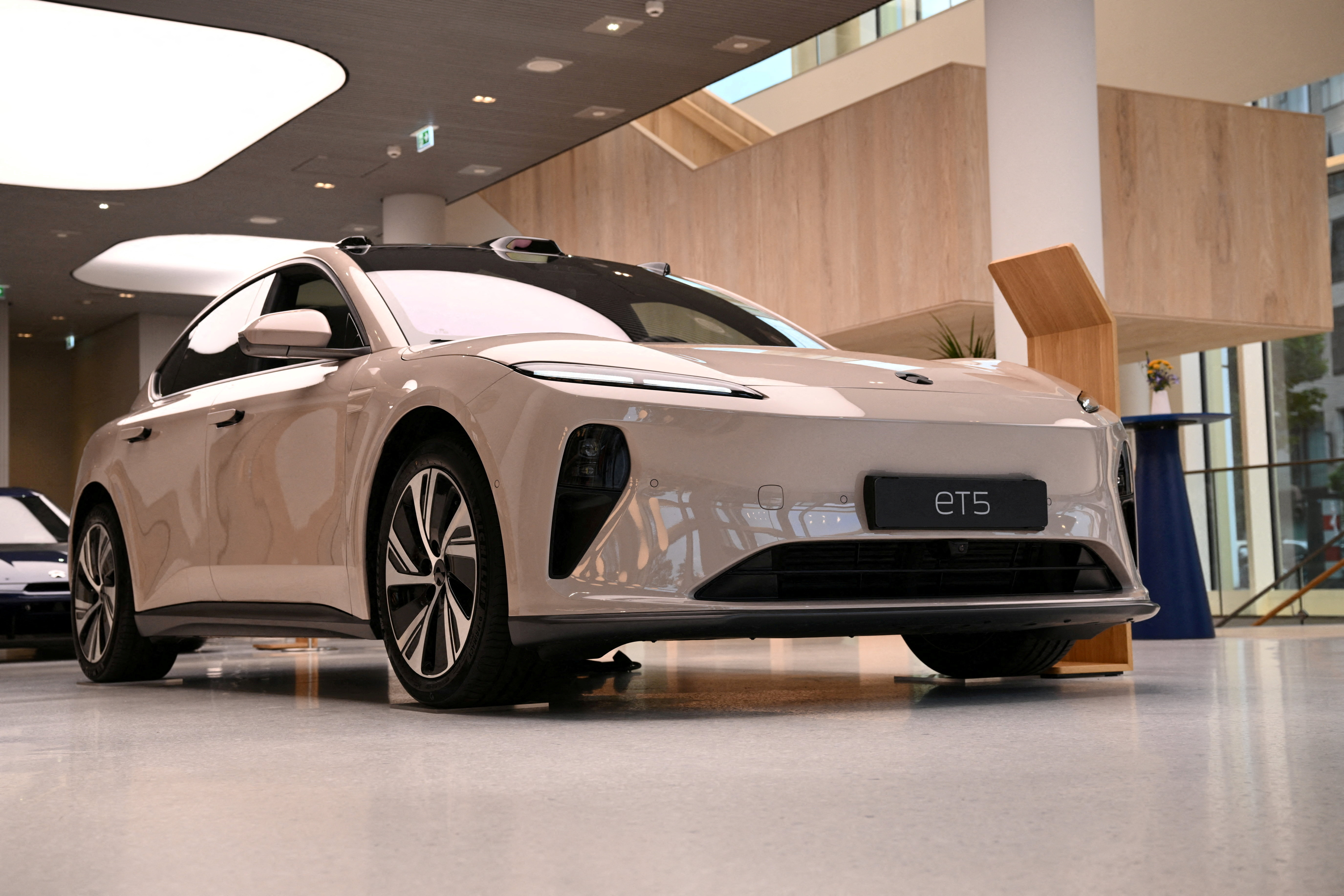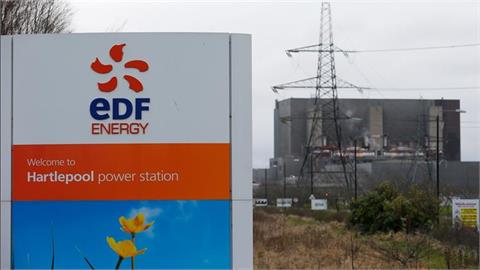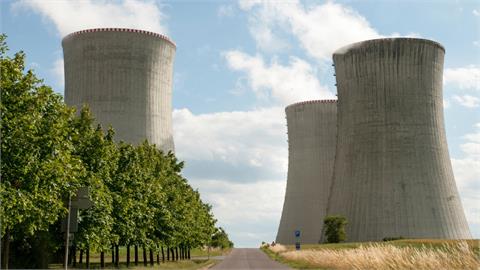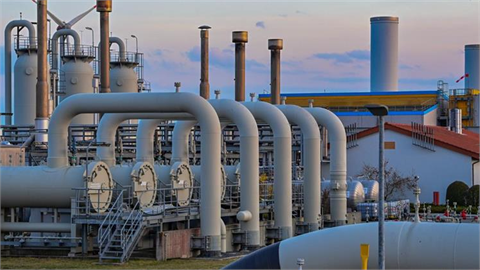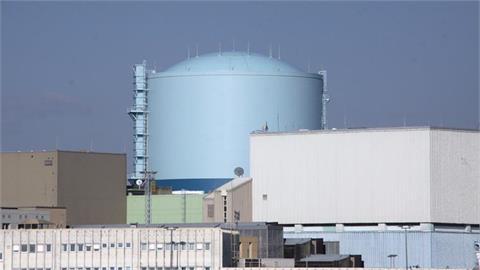by Thomas Kavanagh* Chinese-produced electric vehicles (EVs) are due to make up 25pc of new EV sales in Europe this year, according to campaign group Transport & Environment (T&E), which recommends that tariffs on Chinese EVs be imposed to help EU carmakers survive in the short term
Almost a fifth (19.5pc) of all EVs sold in Europe last year were produced in China, or around 300,000 units. The main brand for Chinese-made EVs was Tesla, at 28pc of total sales, with Renault's Dacia brand second at 20pc. While they are not Chinese brands, they have factories in China, which has a much higher installed battery capacity than Europe.
Chinese brands were also on the rise, up from 0.4pc of Europe's EV market in 2019 to 7.9pc in 2023, owing to the strength of brands such as BYD. T&E forecasts BYD and others could reach up to 20pc of the European EV market by 2027.
The campaign group said tariffs would be needed in the short term to protect EU carmakers from a deluge of Chinese vehicles and focus energy on electrification, which will ultimately be needed for them to survive the energy transition. Tariffs on Chinese vehicles sit at 10pc today, but T&E says 25pc would be more appropriate, given prices for Chinese made EVs continue to fall.
Tariffs on EU battery cell imports are also weak compared with the rest of the world, sitting at 1.3pc compared with 10.9pc in the US and 10pc in China.
"Tariffs will force carmakers to localise EV production in Europe, and that's a good thing because we want these jobs and skills," T&E senior director for vehicles and emobility Julia Polisanova said. "But tariffs won't shield legacy carmakers for long. Chinese companies will build factories in Europe and when that happens our car industry needs to be ready."
Chinese investment in European factories gathers pace
While imports from China are growing, foreign direct investment from Chinese battery majors into the EU market is also gathering pace.
China's CATL, the world's largest battery maker, will have two of Europe's largest gigafactories by the end of the decade in Hungary and Germany. By 2025, Chinese investments are expected to produce over 214GWh of batteries in Europe, over three times Europe's total 2022 battery capacity, according to analysis by the China Project, a US-based China focused think-tank.
Negotiations around a new Chinese-backed factory in the UK in partnership with EVE Energy represent the latest in a string of investments in Europe and has made UK market participants uncomfortable.
"It is reassuring to see more investment in the UK's battery supply chain, this will help Britain to maintain a viable automotive industry in the future and build on the needed battery technologies," Volta Energy Technologies head of European operations James Frith said. "However, it is notable that it is once again an overseas company, adding to investments by India's Tata group, which own Agratas, and China's Envision Group, which owns AESC."
Frith called on the UK government to support more homegrown projects, especially as the only domestically owned battery project in the UK, Britishvolt, failed last year.
Other market participants were more comfortable with Chinese investment, highlighting the fact that the UK, to meet EU Rules of Origin legislation in 2027, needs all the domestic production it can get and is in a unique situation.
"Importantly, domestic built batteries will help ensure the 2027 EU Rules of Origin that mandate a significant proportion of a battery pack to be locally built, don't result in tariffs that would make our EV exports uncompetitive," UK EV campaign group FairCharge founder Quentin Wilson said. "Our auto industry should welcome a new supply of battery cells that haven't been shipped across the world but made here in Britain."
*Associate Editor at Argus Media
(argusmedia.com, 27/03/24)
